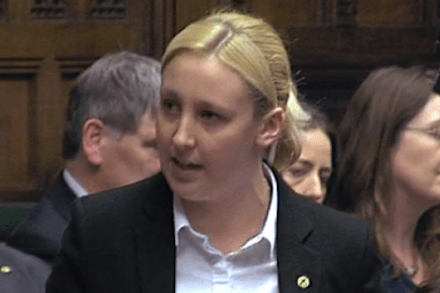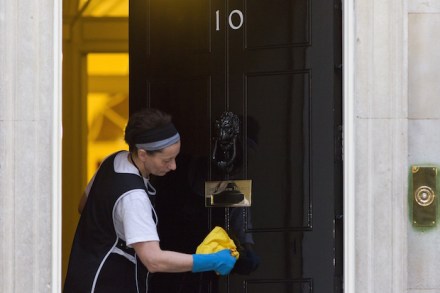Britain has a productivity problem. Could email be to blame?
It is an oddity that while the UK economy surges ahead as the fastest growing in Europe, its productivity has sagged to an inauspicious 6th in the G7: below that of unimpressive France and Italy, and only fractionally ahead of near-vegetative Japan. The Government isn’t happy about it: the Chancellor and the Business Secretary have outlined a plan – revolving around ‘moving’, ‘building’ and ‘learning’ – to do something about it. Platitudinous plans aside, one reaction to the quandary is to doubt the stats. After all, the standard method for calculating productivity (dividing the value of goods and services produced in a given time by the number of labour-hours used to produce




















